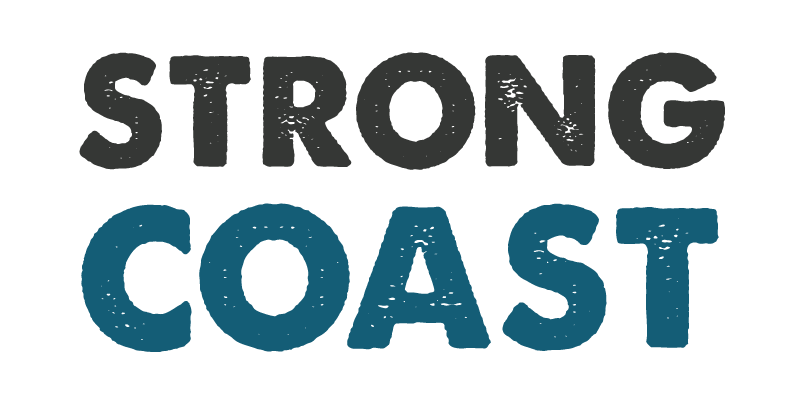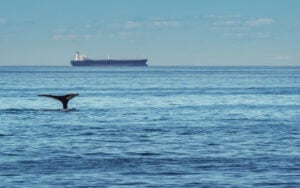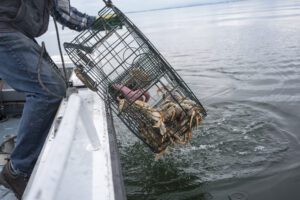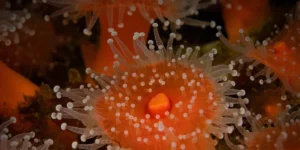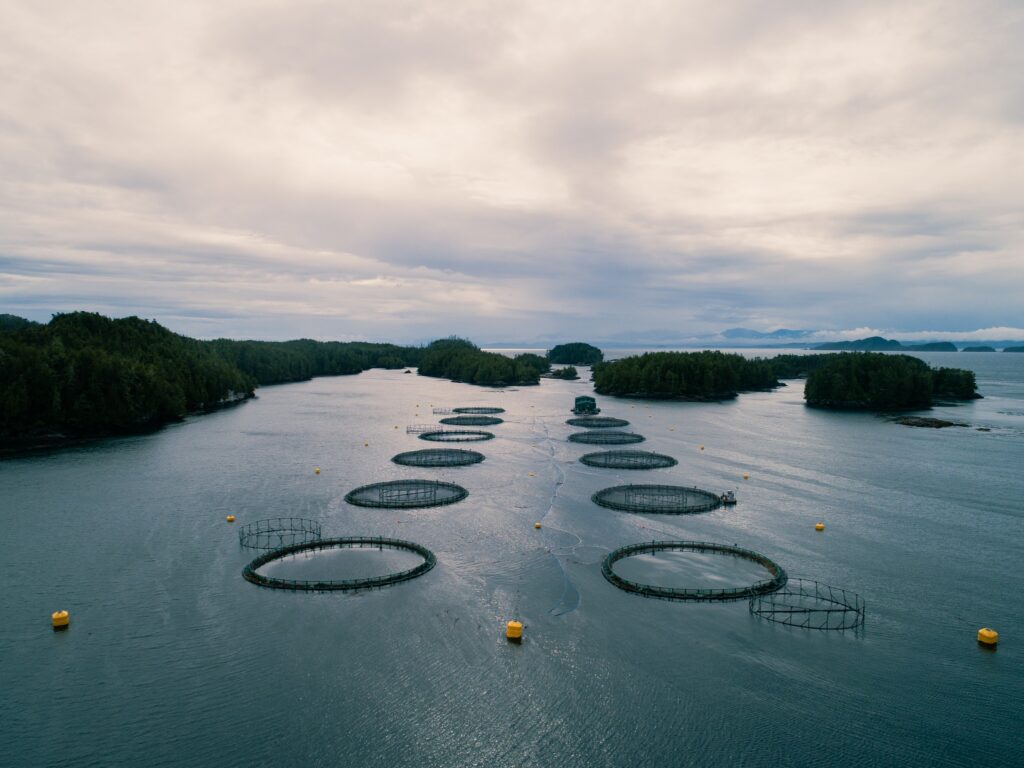
A transition plan for the future of open-net salmon farming in BC appears to be coming together, though it does involve the renewal of existing fish farm licenses. Sources told the Globe and Mail that the government will be renewing the remaining fish farm licenses in BC for another five years. After five years, these fish farm companies must dismantle their open-net pens and move to land-based operations. This new “transition” plan means that the federal Liberals have officially broken their promise to have all fish farms out of BC’s ocean waters by 2025. Instead, fish farms will remain until 2029.
The five-year timeline is meant to match up with current business cycles from hatchery to harvest. These sources claim that the government reached this decision last week and will make an official announcement on the matter this Wednesday. Further details on the transition plan are not yet known.
Opponents of fish farms have long called on the government to remove this practice from BC, citing scientific evidence that fish farms are causing the decline of wild salmon through the introduction and spread of parasites and viruses. However, supporters of fish farms have said that these threats are overblown and that fish farms represent a vital economic resource for coastal communities, especially more remote ones.
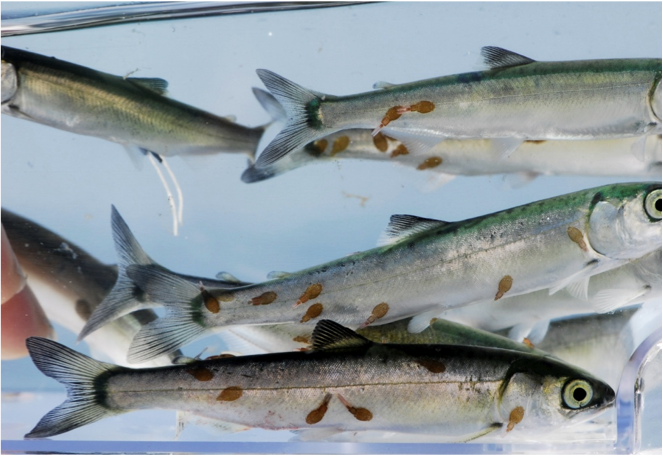
Following the closure of 15 fish farms in the Discovery Islands by then Fisheries Minister Joyce Murray, many opponents of fish farming had thought that more closures would come. Murray, as well as her successor, are now being sued by those fish farm companies. Meanwhile, the new Fisheries Minister, Diane Lebouthillier, said in a March 2024 House of Commons session that no further closures will take place.
News of the government’s potential transition plan has been mostly well-received by anti-fish farm groups. However, some have expressed concern over the long five-year license extension period. One of the Globe and Mail’s sources, a senior government official, stressed that the five-year time frame demonstrates responsibility on the government’s part to ensure that the $1.5-billion salmon fishing industry in BC can successfully adapt to land-based operations.
This transition plan comes five years after the Liberal government’s initial announcement that it would have all fish farms out of BC’s waters by 2025. Since her appointment, Minister Lebouthillier has said that she has been consulting various stakeholders on the issue in order to build a responsible transition plan. However, concerns have arisen that the government is giving industry too much say over the next steps.
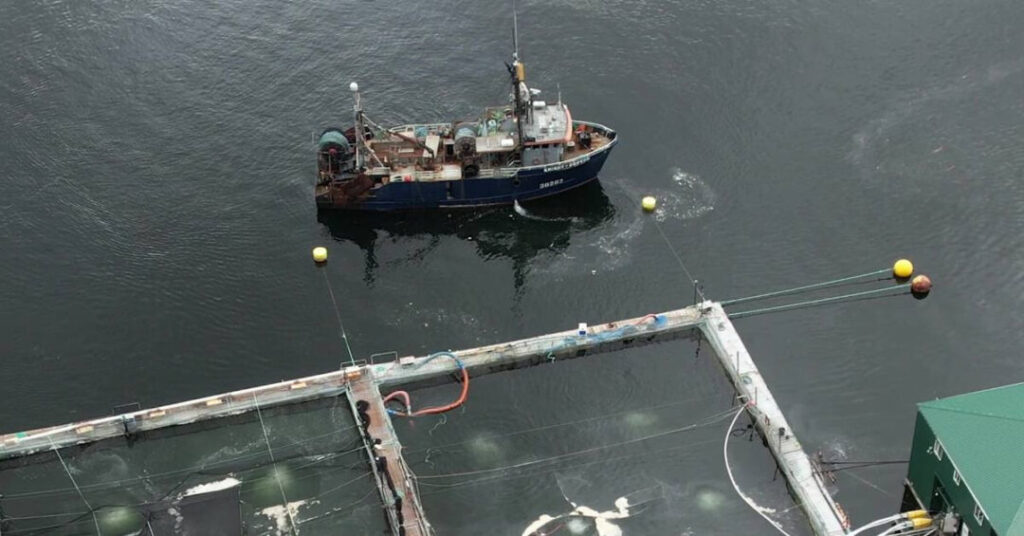
In March, the fisheries committee released a report that claimed the DFO was favouring the “interest of the salmon-farming industry over the health of wild fish stocks.” Following a complaint by Tony Allard, Chair of Wild Salmon Forever, Canada’s Public Sector Integrity Commissioner Harriet Solloway announced that she will be investigating senior federal fisheries officials for suppressing research related to the threat of open-net fish farms.
Continued reports of fish farm die-offs have fanned the flames. Recently, Watershed Watch investigated claims of potential mass die-offs at fish farms owned by Grieg Seafood in Nootka Sound. Stan Proboszcz, Senior Science and Policy Analyst, observed “white crap floating at the top of the farm… You could see plumes of oil, what looked like oil slicks, maybe fish oil coming from the farm as well.” The DFO has since confirmed that three out of five Grieg facilities in the area reported significant mortality events, the highest being 23% of the stock dead at one farm over a ten-day period.
The Federal Court of Canada has also rejected a bid by salmon farm operators to review the government’s decision to eventually phase out salmon farming in BC.
For more on this story, check out this article.
